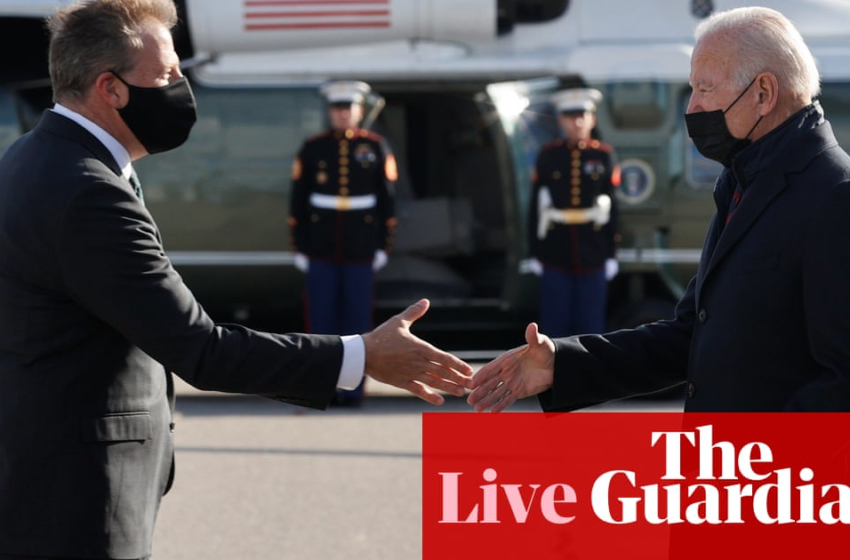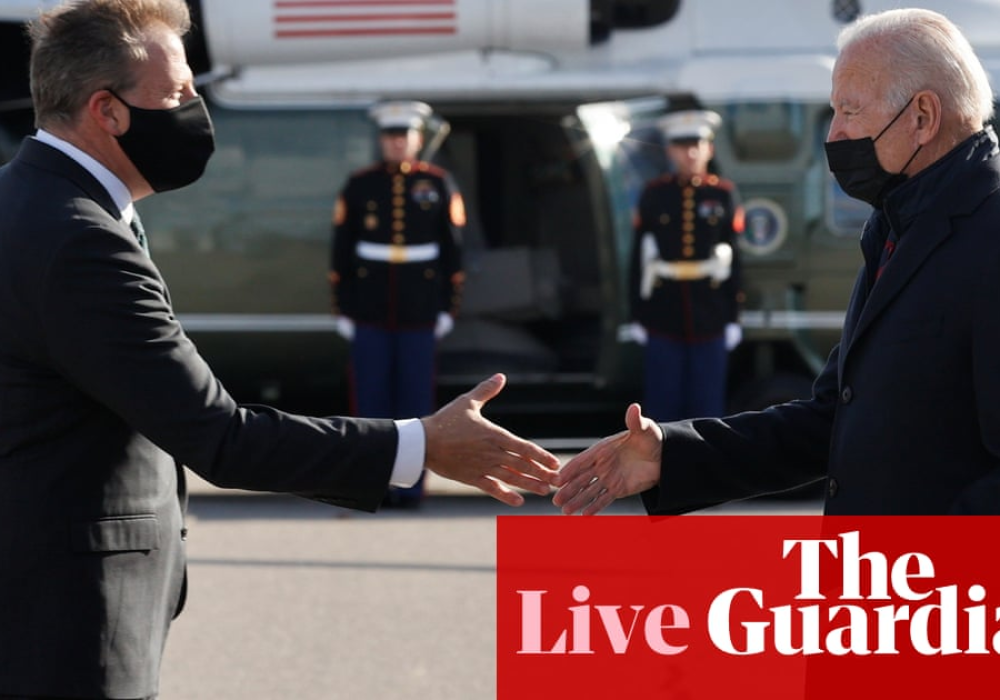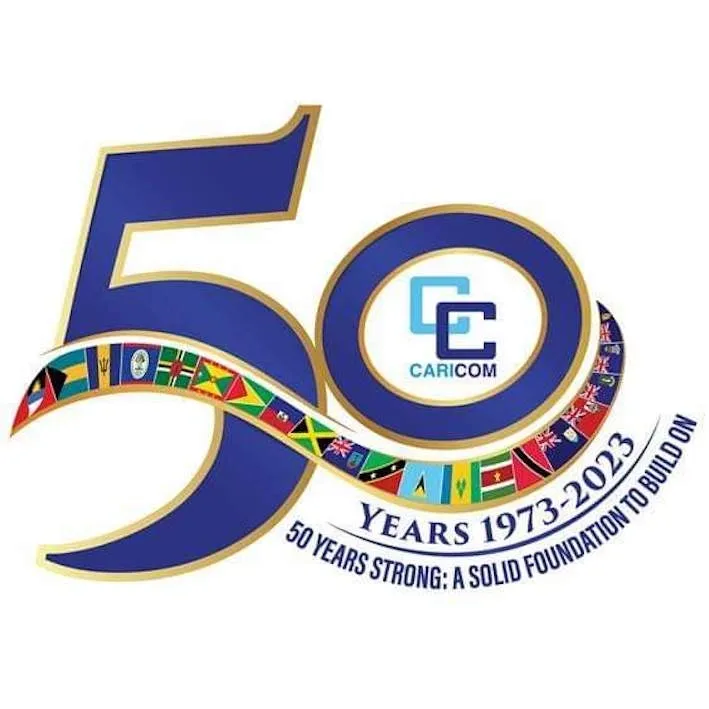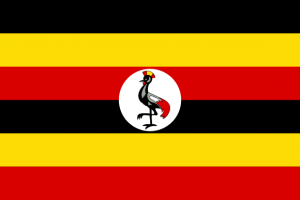The timing of this process was not linked to the Biden-Xi virtual meeting Monday evening, which was billed as a way for the two leaders to demonstrate their ability to manage complex U.S.-China relations in an era of rising tensions. Various reports this week have said that Xi Jinping intended to bring up the Olympics issue with Biden, perhaps even inviting him to personally attend. But the issue didn’t come up at all during the 3½-hour meeting, according to initial reports.
“President Biden raised concerns about the [People’s Republic of China’s] practices in Xinjiang, Tibet, and Hong Kong, as well as human rights more broadly,” the White House readout of the Biden-Xi meeting stated.
Biden administration officials have been virtually silent on Olympics-related issues in recent months, refusing to speculate on whether Biden would support a full athlete boycott (as human rights groups and activists are calling for), or a more limited boycott, or no boycott at all. Now that the Biden-Xi virtual summit is complete, sources said, the administration has one less reason to hold off on announcing the diplomatic boycott. The administration will inform allies but leave them to make their own decisions on whether to follow the U.S. lead…
In a May hearing, House Speaker Nancy Pelosi (D-Calif.) called for a U.S. diplomatic boycott of the Beijing Olympics as a way to express international concern about China’s human rights abuses without punishing U.S. athletes.
“What moral authority do you have to speak again about human rights any place in the world if you’re willing to pay your respects to the Chinese government as they commit genocide?” she said. “So, honor your athletes at home. Let’s have a diplomatic boycott. … Silence on this issue is unacceptable. It enables China’s abuses.”















